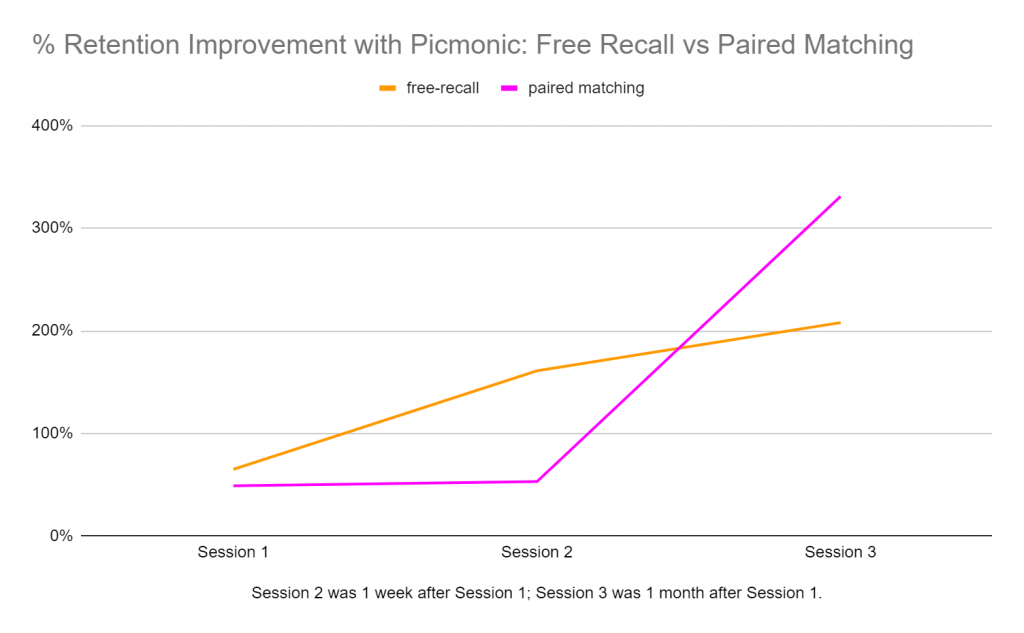You’ve done the hard work. If you’ve graduated from Family Nurse Practitioner (FNP) school—or are about to—you may feel a sense of relief. That is until you remember you have to take your FNP Certification Exam.
Don’t fret. The post-grad and pre-exam stress should not ruin your bliss! Whether you’re about to take the American Association of Nurse Practitioners (AANP) exam or the American Nurses Credentialing Center (ANCC) exam, you need the right amount of preparation to calm your nerve.
Use the following FNP study plan below to get ready and get started!
How much time do you need to spend studying for the FNP exam?

The amount of time you need to study for the FNP exam can vary. However, a general rule of thumb is to dedicate enough time over two to four months for thorough preparation. Most future nurse practitioners schedule their exams about six months out, and others schedule their FNP exam as little as one to three months away. Below is a rough estimate of how much time you’ll need.
Full-time studying: If you’re able to study full-time (about 6-8 hours a day), you’ll need around 6-10 weeks of prep to cover all the FNP material comprehensively.
Part-time studying: If you’re studying part-time (about 3-4 hours a day), you’ll need 12-16 weeks or more to adequately prepare for the FNP exam. This might be the best option if you’re working full-time or studying during FNP school.
Remember, this is just an example. Depending on your personal schedule and study plan, you may need more or less time to prepare for the FNP exam. Spend your study time wisely because your quality of time is just as important as quantity.
FNP Study Plan
Studying for the FNP certification exam requires a structured and focused approach. Here’s a 7-day study plan to help you plan accordingly. Don’t be afraid to adjust this as you see fit.
Day 1: Get started
First, familiarize yourself with the FNP certification exam content outline and format. The ANCC exam has more question types than the AANP exam, and you may want to keep that in mind when studying.
Take a FNP practice test to act as your baseline. This will measure your knowledge and identify what concepts you need more study time in. For most future NPs, pharmacology requires more studying than other topics.
Note: If you’re rinsing and repeating this schedule, use this day to review foundational FNP concepts and as a refresher to concepts you’ve mastered. This will help ease you back into a busy week of studying.
Day 2: Bring out the books
If you have an FNP exam review book, now’s the time to get it out! Highlight, write, and break down the first few chapters. Whether that be guidelines for screening and immunizations or health promotion and disease prevention, you can start studying chapter by chapter or by picking what you want to study first.
Day 3: Use a different resource
Reading and taking notes can get exhausting. We recommend using a study tool to spice up your study plan. Picmonic, in particular, is a visual learning tool with extensive FNP coverage. Most future nurses and FNPs find it extremely helpful for quizzing, quick review, and memorizing drug names, interactions, and more.
Day 4: Take a day off
What? A break in the middle of the week? If you’re studying for more than six hours a day, chances are you won’t want to keep at it. We recommend at least two days of study-free time within a busy study schedule. This can be during the week or your weekend. Rearrange as you’d like.
Day 5: Put yourself to the test
Refresh. Review your notes, progress, and skim the chapters, then take a quiz or practice exam. Picmonic’s unlimited quizzing is great for this, and their multiple-choice quizzes help you test your knowledge.
Day 6: Review
Review your strengths and weaknesses from the day before as well as all major topics covered this week. If you’d like, review your test-taking strategies and determine what worked and what didn’t. You should focus on time management and active engagement.
Day 7: Rest if needed (or not)
Again, a day off won’t kill you. But, if you’re on an accelerated timeline, use this day to combine all of the methods above in one session. Study, test, review, and repeat. You’ll thank yourself for it later. And, don’t forget to get enough sleep.
8 FNP Study Tips to Follow

Use these eight study tips to help you study for the FNP exam of your choice.
1. Create an FNP study schedule
Develop a structured study schedule that allocates specific time blocks for each topic or subject area. Consistency is key, and you can use the 7-day study plan above to get started! Just stick to your schedule and ensure you cover all relevant FNP content.
2. Understand the exam you’re taking
Familiarize yourself with the FNP exam format. There are two different ones! The AANP exam has about 150 multiple-choice questions, and the ANCC exam has about 175 multiple-choice, drag-and-drop, or multiple-response questions. Luckily, Picmonic has comprehensive coverage for future FNPs to help you prepare for either. So, be sure to use it when crafting your AANP study plan or navigating your ANCC study guide!
3. Use your resources
Utilize study resources like Picmonic, a solid review book, a decent question bank, and if needed, a review course, to help you prepare. Different resources can provide diverse perspectives on the same topic and reinforce your understanding. If you’re looking for a resource that has a little of everything, in addition to picture mnemonics, Picmonic has many NP study resources like study guides, webinars, videos, infographics, and more.
4. Practice with sample questions

Regularly practice with quizzes and practice exams. This will help you get accustomed to the question style, improve your clinical judgment skills, and identify areas where you need more practice. Picmonic has unlimited quizzing and a daily-spaced repetition quiz to reinforce your FNP knowledge long-term.
5. Use active learning methods
Don’t just read—use active learning techniques to engage with what you’re studying! You can try to summarize content in your own words, teach the material to someone else, or create your own FNP mnemonics on Picmonic! This enhances understanding and retention, and it makes studying fun.
6. Focus on improvement

Identify your weak areas, and allocate more study time to these topics. If you have Picmonic, you can create your own personalized playlist to revisit the NP topics and facts you’re struggling with.
7. Practice Makes Perfect
Taking practice exams may seem like a nuisance because they take all day and can be pricey, but they’re always worth the hassle. A practice test is great nurse practitioner exam prep because a dry run has no pressure. It will give you a head’s up on what to expect on the real nurse practitioner exam and tells you what areas you need to improve on. If you also like smaller quizzes, Picmonic’s algorithm will deliver a personalized daily quiz to you that only focuses on the things you really need to know, essentially creating a tailor-made study guide just for you!
8. Don’t Break Your Brain

While stress can motivate you, it can also turn you into a giant ball of worry that can’t concentrate enough while studying to actually retain anything. Take a moment to breathe and stay positive. Go for a walk, listen to music, have a ten minute dance party, or just sit and concentrate on your breathing to clear your head when you need a time out. Not only is it good for your body, but in the end, you’ll learn more that way.
Passing the NP board certification exam in your speciality area can seem daunting. Stay confident in your certification prep, and don’t forget to maintain a positive mindset. With the right amount of effort, a strategic approach, and the tips above, you’ll be well-prepared for your FNP exam.
Download our mobile app and take Picmonic on the go!















